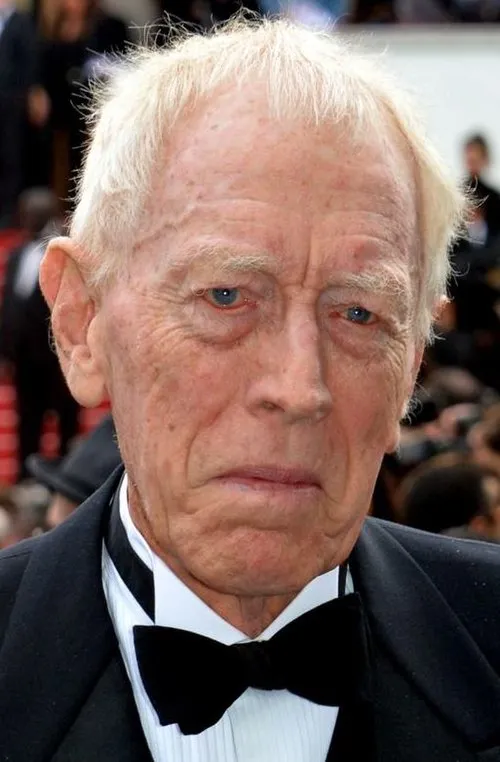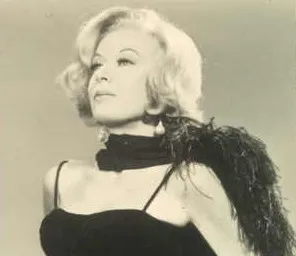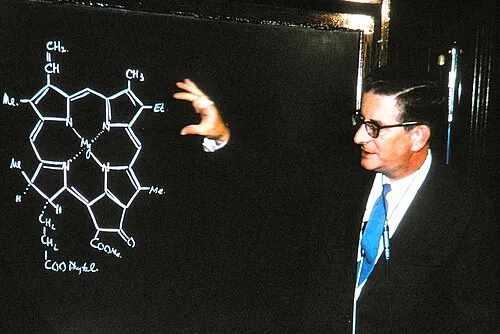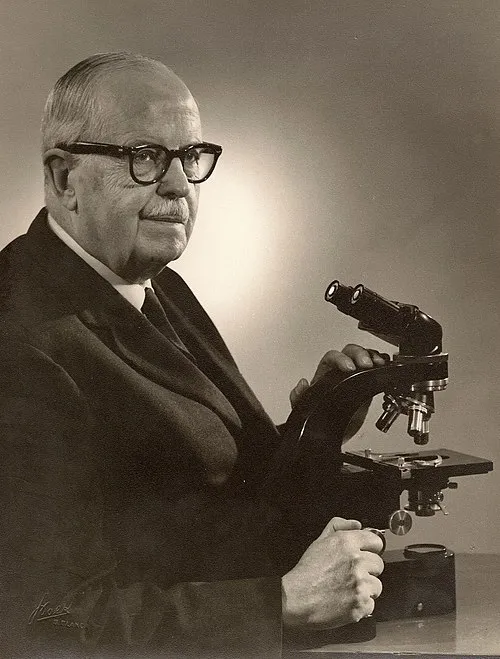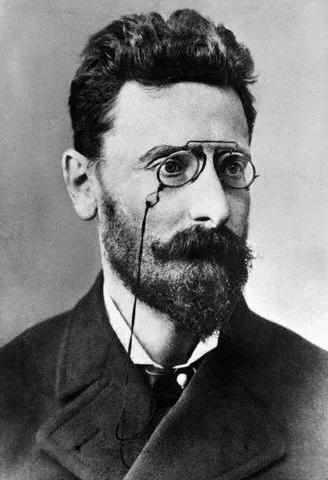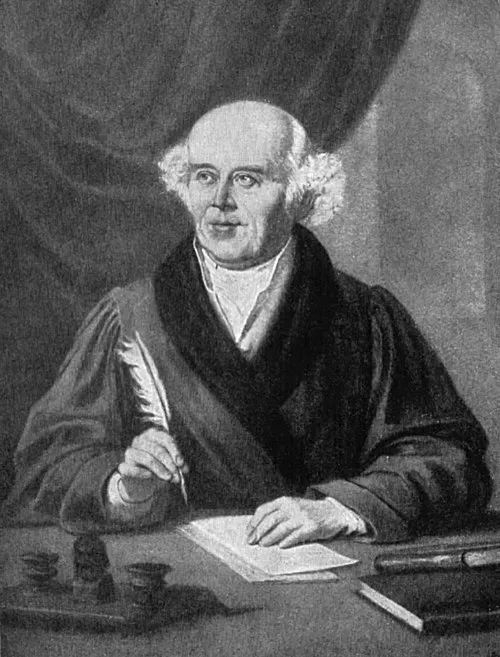
Name: Claude Bolling
Birth Year: 1930
Nationality: French
Professions: Pianist, Composer, Actor
Death Year: 2020
1930 – Claude Bolling, French pianist, composer, and actor (d. 2020)
Early Life and Musical Education
Bolling began his musical journey at a young age. His father was a musician, which exposed him to various genres of music and influenced his early development. He studied classical music at the Conservatoire de Paris, where he honed his piano skills and deepened his understanding of music theory. An early appreciation for jazz led him to explore improvisation and various jazz styles, which would later become a hallmark of his work.
Career Highlights
Claude Bolling's career took off in the 1950s when he started performing with notable jazz musicians such as Duke Ellington and Lionel Hampton. His style was characterized by a harmonious blend of classical sensibilities with the spontaneity and rhythm of jazz. In 1973, he released the aptly titled album Suite for Flute and Jazz Piano Trio, which gained international acclaim and solidified his reputation as a composer and arranger.
This work exemplified his unique ability to bridge the divide between classical and jazz genres, featuring classical instruments interpreted through a jazz lens. The album remains a popular reference point for musicians seeking to explore this fusion of styles.
Notable Collaborations
Throughout his illustrious career, Bolling collaborated with various artists across both jazz and classical music. His partnerships with renowned classical musicians such as Jean-Pierre Rampal (flutist) and Yo-Yo Ma (cellist) further highlighted his versatility and innovative approach. Bolling wrote numerous works for these artists, blending classical structures with jazz improvisation, resulting in a fresh sound that captivated audiences.
Legacy and Influence
Bolling's contributions to music have influenced generations of musicians. He not only redefined how jazz and classical music could coexist but also inspired others to explore new formats of musical expression. His works are frequently performed in concert halls and remain part of many musicians' repertoires today.
The Life and Legacy of Claude Bolling: A Musical Journey
Claude Bolling, a name that resonates with the enchanting echoes of jazz, was born in 1930 in the picturesque city of Cannes, France. Growing up amidst the vibrant culture of post-war Europe, it’s almost poetic to think that his life began during an era marked by both turmoil and artistic revival. Perhaps it was this blend of chaos and creativity that forged his unique musical voice an amalgamation of classical sophistication and lively jazz improvisation.
As a young boy, he exhibited prodigious talent on the piano. Ironically, while many aspiring musicians battled their way through formal education systems, Claude found himself gravitating towards spontaneous street performances. These moments spent playing for appreciative crowds at outdoor cafes were not merely gigs; they were incubators for his burgeoning style a fusion of traditional French melodies infused with the rhythmic pulse of American jazz.
However, this early success did not shield him from hardships. With Europe still grappling with its post-war identity crises throughout the late 1940s and early 1950s, Bolling faced skepticism from purists who doubted his blend of genres. But rather than being disheartened by these challenges, he embraced them as fuel for his creative fire arguably what set him apart in an era dominated by conformity.
His professional career took off after moving to Paris where he began collaborating with some notable musicians including legendary names like Stéphane Grappelli and Lionel Hampton. It was during this phase that he started making waves in the music industry; perhaps one could say he became a modern-day minstrel traveling through various realms of sound.In Parisian clubs buzzing with life and laughter, Claude’s artistry shone brightly and soon enough, he wasn't just another performer; he was a phenomenon!
The 1960s marked a turning point in his career when he composed what would become one of his signature works: “Suite for Flute & Jazz Piano Trio.” This groundbreaking piece demonstrated how classical elements could be masterfully intertwined with jazz improvisation. As critics lauded its brilliance upon release proclaiming it as revolutionary Bolling's reputation soared sky-high!
Despite such acclaim, there were moments when doubts crept into his mind... Who knows if he questioned whether pushing boundaries would alienate traditionalists? Yet time proved him right; audiences loved it! His ability to connect diverse musical styles bridged gaps between generations a feat rare among artists struggling against societal expectations.
Bolling didn't stop at mere compositions; intriguingly enough and perhaps unexpectedly he ventured into acting too! Yes! In addition to dazzling audiences with melodies spun from ivory keys, our multi-talented musician appeared in films such as “Les Misérables” (1982) where music intertwined beautifully within cinematic storytelling... All this speaks volumes about how truly versatile Claude Bolling was!
As decades rolled on into the late 20th century and early 21st century the world saw changes galore from technological advancements redefining music production processes to emerging genres captivating younger audiences Claude remained relevant throughout these transformations! He continuously evolved while maintaining authenticity a tightrope walk few successfully navigate without falling into obscurity or becoming stale.
Perhaps one reason behind this sustained relevance lay within nature itself: just like nature adapts yet remains intrinsically bound by roots the essence always stays intact even when external forces alter surroundings... Similarly for Bolling: although influences changed around him over time his core identity as an artist endured unchanged!
A Glimpse Into His Later Years
The twilight years saw Claude embracing collaborations spanning multiple artistic domains from orchestras worldwide inviting him over to popular international festivals showcasing celebrated talents alongside unknown gems eager for exposure.Ironically though while collaborations flourished around him… Perhaps solitary moments spent reflecting led him deeper into personal introspection regarding legacy… What would remain long after bows ceased echoing? Would listeners remember names written across sheets or feelings evoked during performances?
A Lasting Impact
Bolling passed away peacefully in 2020 leaving behind not merely compositions etched onto paper but something far more profound: connections formed through shared experiences shared between listener & performer alike! Even now in today’s hyper-digital landscape where viral sounds dominate airwaves it feels poignant how artists draw inspiration directly from pioneers like Claude... Artists yearning to explore unfamiliar territories echo sentiments once expressed centuries ago but channel energy differently thanks technological advances allowing instant global reach!
An Unfading Legacy
The aura surrounding his legacy still reverberates today amongst budding musicians striving toward innovation while respecting traditions rooted deep within history.In fact recent tributes across social media platforms illustrate admiration felt towards such artists whose contributions shaped landscapes we often take granted nowadays! It seems fitting then amid accolades shining bright upon memory lanes we might wonder what ‘today’ holds regarding artistry influenced heavily by yesteryears? A glance back reveals… we owe much gratitude towards individuals like Claude whom dared challenge norms creating space where variety thrives harmoniously intertwining past present future seamlessly...


